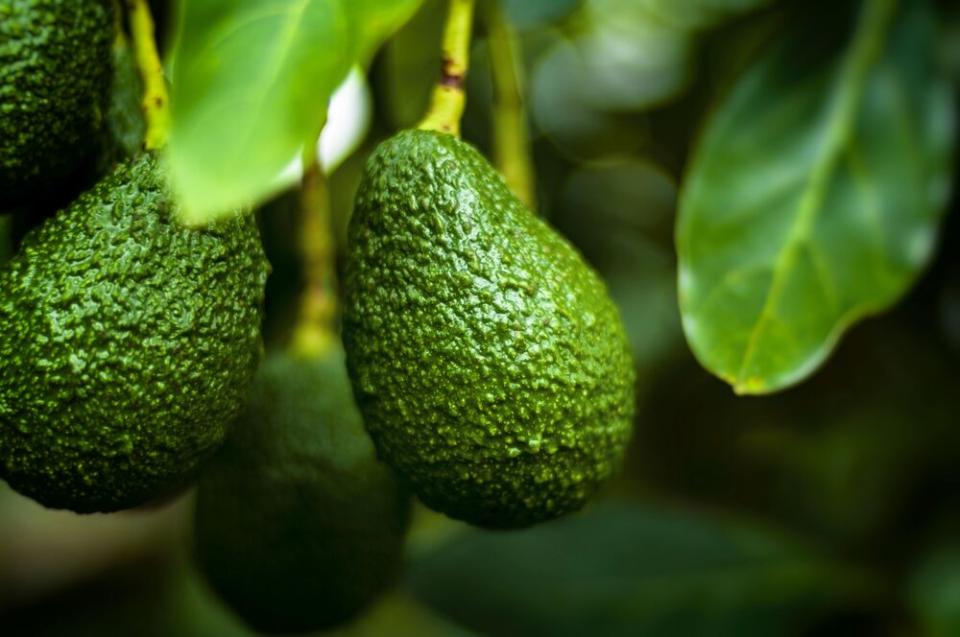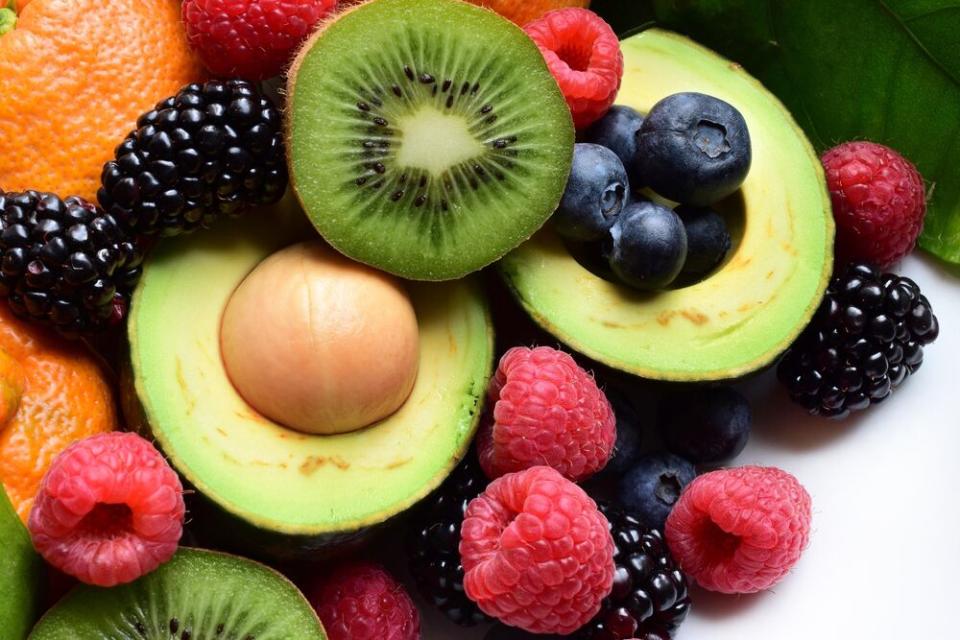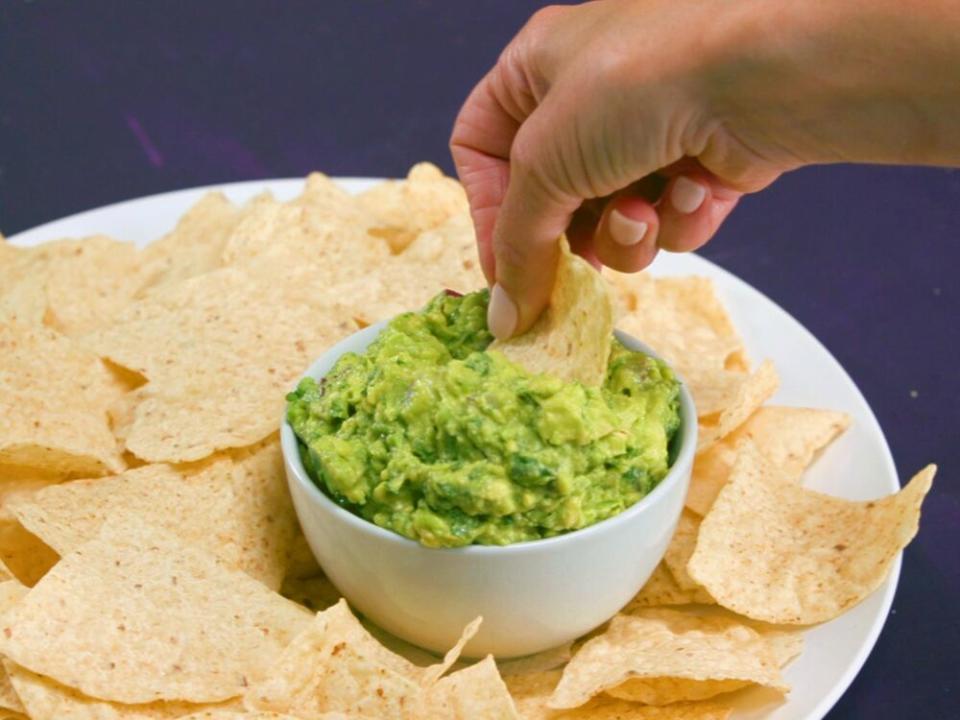Is An Avocado a Berry?

If you’ve ever wondered whether an avocado is a fruit or a vegetable, you’ve come to the right place. To answer your question: Yes, avocados are fruits. More specifically, though, they’re berries. Here’s why avocados are considered berries—and why strawberries aren’t:
What’s An Avocado?

An avocado is a fruit (yes, a fruit!) that likely originated in south-central Mexico. It contains one large seed and is considered—botanically at least—to be a berry.
The berry has dark green skin and greenish-yellow flesh with a butter consistency and slightly nutty flavor.
In a culinary sense, the versatile avocado can be treated as a fruit or a vegetable. It is often sliced and added to salads, blended into soups or smoothies, or mashed to become guacamole.
Full of healthy fat, avocados can actually serve as a fat replacement in certain dessert recipes (see this decadent Dark Chocolate Avocado Cake With Chocolate Frosting).
Related: How to Store Avocados So They Last Longer
Fruit vs. Vegetable
%image1
Let’s back up to sixth grade biology: According to Merriam-Webster (because I’m definitely not a botanist), a fruit is the usually edible reproductive body of a seed plant. A vegetable, meanwhile, is a usually herbaceous plant (such as the cabbage, bean, or potato) grown for an edible part that is usually eaten as part of a meal.
In layman’s terms, a fruit contains seeds on the inside and a vegetable doesn’t.
What Makes a Berry a Berry?

A berry, which has a fleshy exocarp (rind) and a fleshy mesocarp (pulp), is any soft and fleshy fruit that comes from a flower with a single ovary. This means avocados, tomatoes, bananas, and oranges are all technically berries. Do you know what’s not technically a berry? The strawberry. An “accessory fruit,” strawberries come from a flower with more than one ovary.
What a world, right?
Berry vs. Drupe
At first glance, avocados have more in common with peaches (drupes) than with grapes (berries). Here’s the difference:
A berry is a fleshy fruit with many seeds inside (blueberries, tomatoes, oranges, grapes, etc). Berries have a fleshy endocarp (inner layer) and mesocarp (middle layer).
A stone fruit or drupe, meanwhile, is a fleshy fruit with a hard pit inside which contains a single seed (peaches, nectarines, plums, apricots, etc). Drupes have a fleshy mesocarp but a tough, leathery endocarp.
An avocado is fleshy throughout, so it cannot be considered a drupe.
Related: Is a Pumpkin a Fruit or Vegetable?
Avocado Health Benefits

No matter what you call them, avocados are incredibly nutritious. Some major avocado health benefits are:
They’re super high in potassium, which can reduce blood pressure and the risk of certain diseases. In fact, avocados have even more potassium than bananas.
They’re packed with fiber. You probably know that fiber is essential for good digestion, but it also promotes heart health and weight management.
They’re rich in healthy fats, such as oleic acid. This monounsaturated fatty acid, which is also found in olive oil, can reduce inflammation and the risk of certain diseases.
Avocado Recipes

Get your avocado fix with one of these delicious recipes:
Get more recipes: 81 Delicious Ways to Use Avocado (That Aren't Just On Toast)

